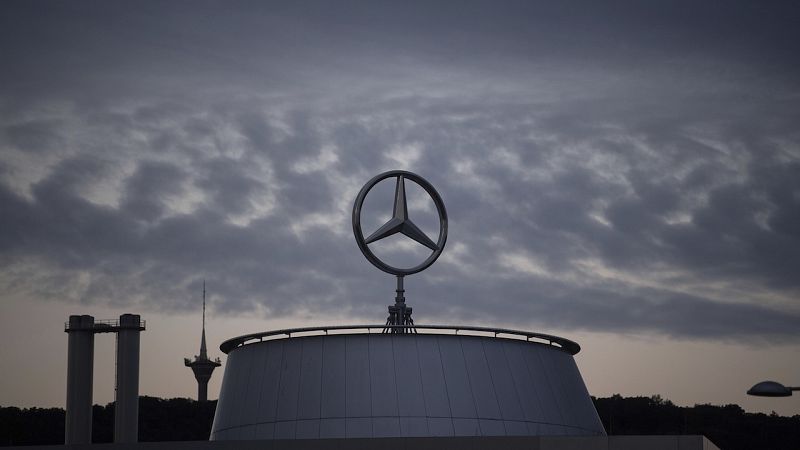Mercedes reveals plans to cut costs by several billion euros per year

Mercedes-Benz has announced that it will be cutting costs by several billion euros per year, according to the German newspaper, Handelsblatt.
The company has not specified exactly how these costs will be cut. Details about potential job losses, as well as information about which departments or locations could be most impacted, has also not been revealed.
However, it is likely that most of the company’s German employees will be able to hold on to their jobs, even if these cost-cutting measures are implemented. This is mainly because of a Mercedes-Benz policy known as ‘Zusi 2030’, which protects employees from compulsory redundancies until the end of 2029.
Previously, other newspapers such as Stuttgarter Nachrichten and Stuttgarter Zeitung reported that Mercedes-Benz senior management had backed the implementation of stricter austerity measures, in a conference call.
This decision comes as the company continues to struggle in an increasingly competitive and uncertain global automotive industry. Mercedes-Benz has shared that it is prioritising ramping up sustainable efficiency, in order to be able to stay financially robust.
The company also revealed that it had already saved considerably on fixed costs, which has been an advantage in the current volatile market situation and that it would continue to follow this strategy.
Mercedes-Benz Group earnings lag as China demand slows
Mercedes-Benz Group also released its third-quarter (Q3) earnings in October. Group revenue came up to €34.5bn in the third-quarter of the year, which was a decrease of -6.7% compared to the same quarter in 2023.
Net profit was €1.72bn in Q3 2024, a plunge of -54%, compared to the same quarter last year. Adjusted earnings before interest and tax for the third quarter of 2024 was €2.5bn, which was a drop of -48% from the corresponding period in 2023.
Harald Wilhelm, the chief financial officer (CFO) of Mercedes-Benz Group AG, said regarding the Q3 2024 earnings, on the company’s website: “The Q3 results do not meet our ambitions. Nonetheless Mercedes-Benz continues to generate solid cash flows even in challenging times.
“We are taking a prudent view about market evolution going forward and we will step up all efforts on further efficiency increases and cost improvements across the business.”
These disappointing figures were mainly because of ongoing weakness in Chinese demand, as consumers continue to be cautious regarding big purchases, amid a higher cost of living and increasing geopolitical uncertainty.
The EU’s recent decision to impose higher tariffs on Chinese electric vehicles, following allegations of the Chinese government reportedly subsidising EV makers, has also led to increased fears about retaliatory actions being taken by China against Mercedes-Benz’s operations in the country. This in turn, has further dampened demand for the brand in China.
Slowing electric vehicle demand has also hit Mercedes-Benz’s EVs, which is also being felt by other German auto manufacturers, such as Audi and Volkswagen.
Yesterday

